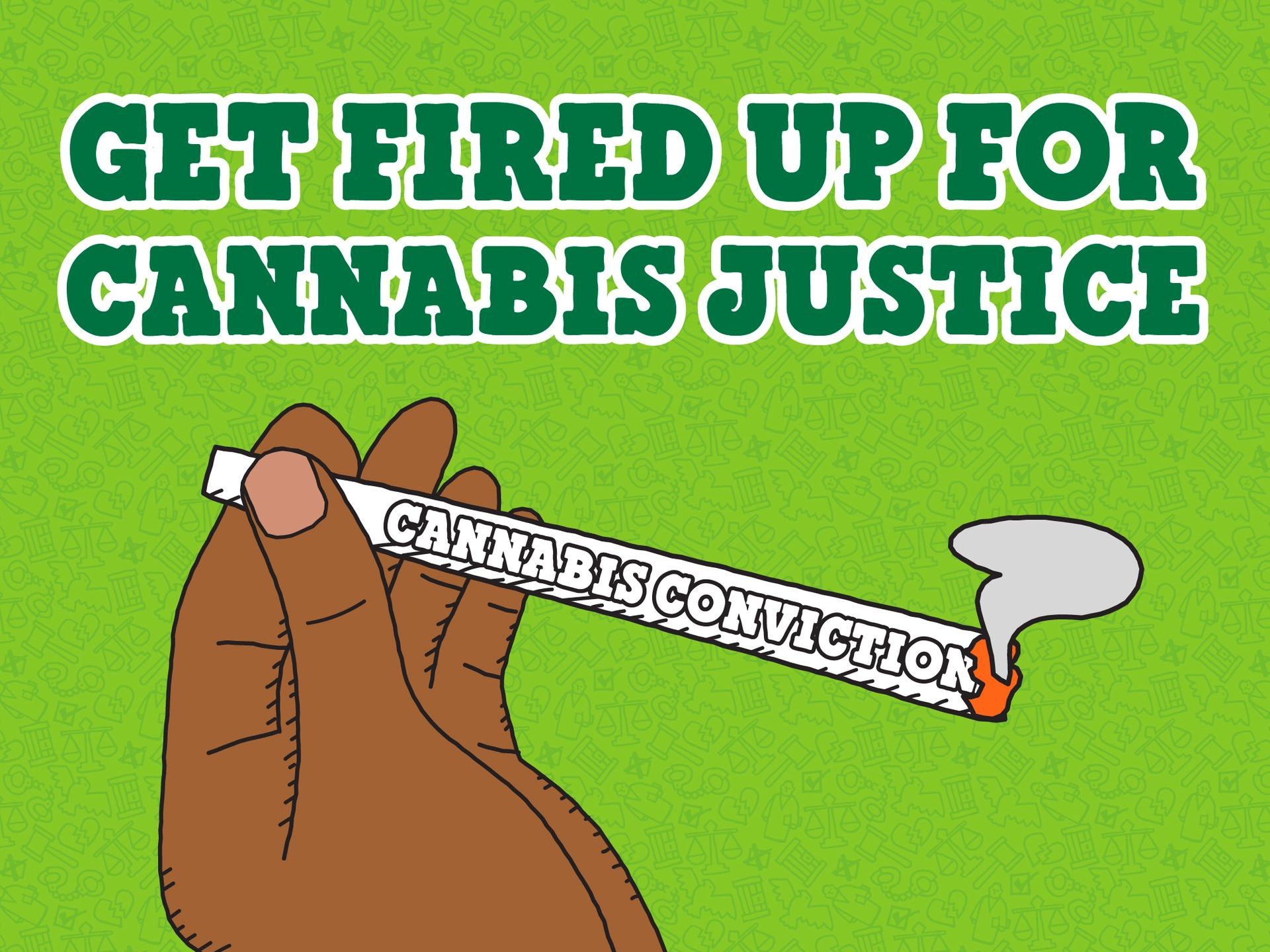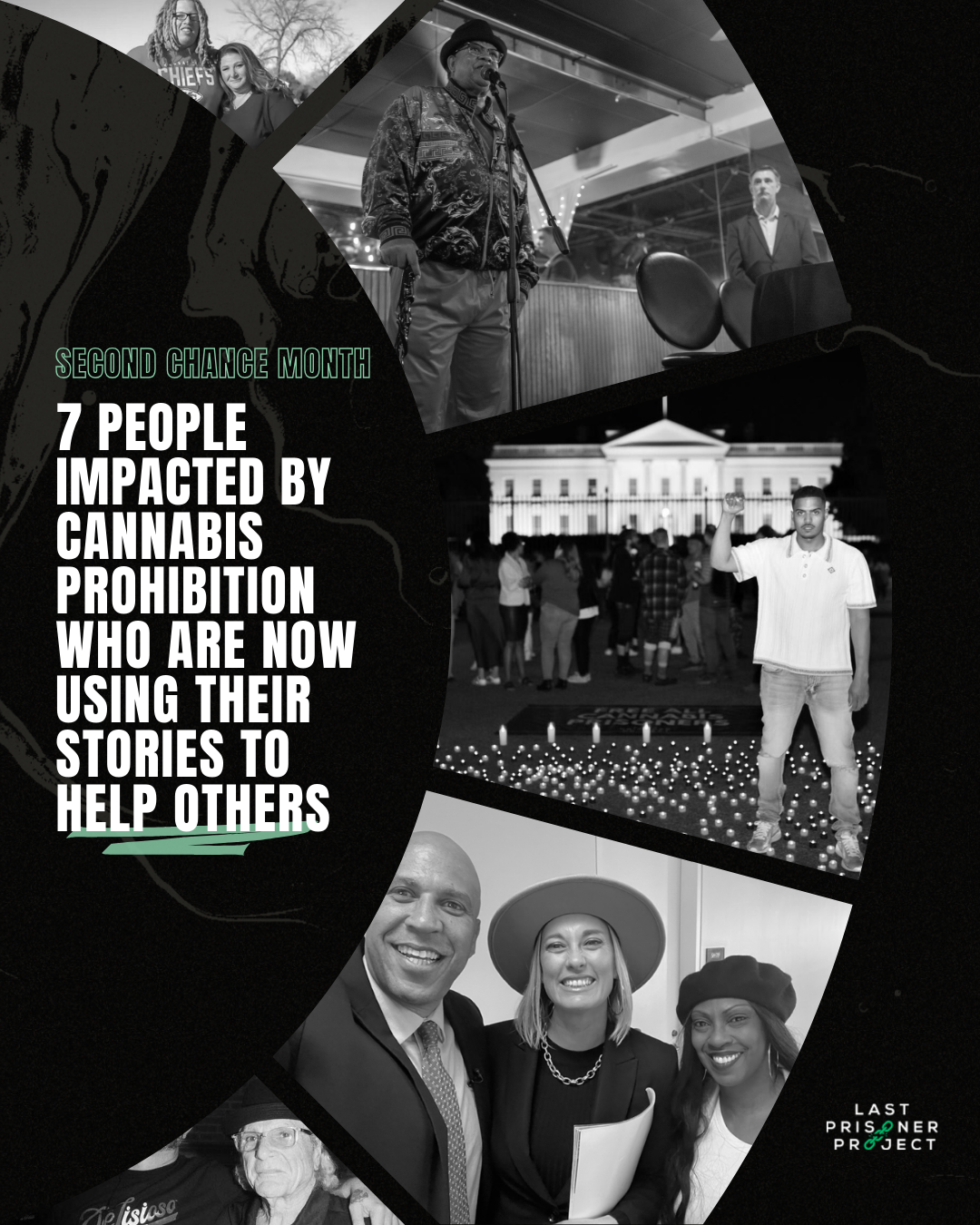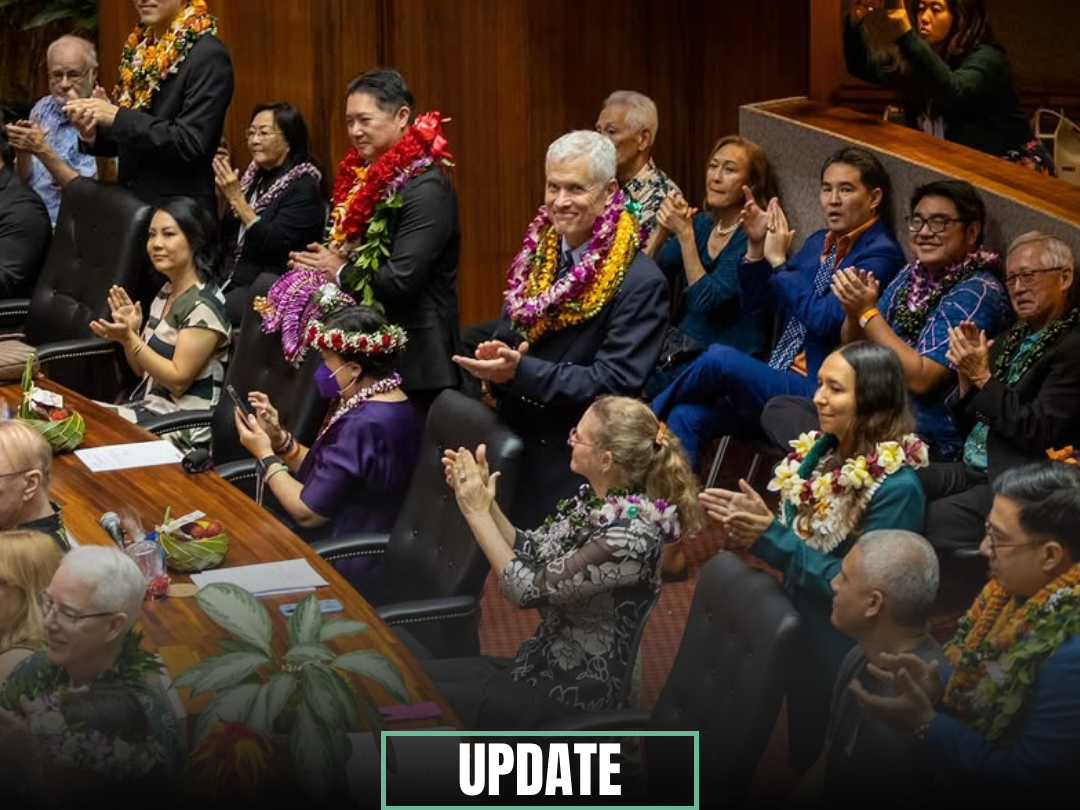Introducing "The Pen to Right History" — A Campaign by LPP and McCann NY
The campaign features letters hand-written by the family and friends of cannabis prisoners to demonstrate the injustice of prohibition, and the senseless pain it has inflicted on countless American communities.
NEW YORK – April 17, 2023 – The Last Prisoner Project, a national, non-partisan, non-profit
organization dedicated to cannabis criminal justice reform, announced today the launch of
“The Pen to Right History,” a new campaign developed in partnership with McCann New York that is
focused on delivering justice for those serving time for non-violent, cannabis-related crimes.
“The Pen to Right History” urges President Biden and governors across the country to free the
thousands of people who remain behind bars in the U.S. due to non-violent cannabis-related
charges. The pen with which family and friends of those incarcerated write their stories and urge
politicians to release their loved ones is being symbolically passed to the President to sign clemency
orders and “right” this long unaddressed wrong.
The campaign launches with a docu-style film chronicling the story of Richeda Ashmeade, a law
student and poet who was just twelve years old when her father, Richardo Ashmeade, was sentenced
to 22 years in prison on cannabis charges. The film highlights not just the inherent unfairness of
Richardo’s incarceration, but how the pain and suffering of the injustice meted to him has rippled
throughout his family. Through its website, digital, social and earned media, “The Pen to Right
History” campaign invites those who have been similarly impacted by cannabis incarceration to
share their stories and ask government officials to pardon non-violent cannabis convicts.
"Growing up in this country with a parent in prison makes it hard to grow up. But despite that, I did.
I’m in law school. I’m an accomplished poet. I’m an advocate. Who I am today defies what statistics
say I should be. But what does it mean when a child growing up to be educated, ambitious and
empathetic is an act of defiance.” wrote Richeda Ashemeade.
Last Prisoner Project is aiming to deliver real justice to these people by pointing out a commonly
overlooked hypocrisy – while recreational and medicinal cannabis usage become increasingly
popular and legalized throughout the United States, tens of thousands of Americans remain incarcerated for convictions like Richardo’s. People of color are especially vulnerable to this particular injustice, with Black people being four times more likely to be imprisoned for these offenses, which upendscommunities and destroys their lives and those of their families, friends and loved ones.
Sarah Gersten, Executive Director and General Counsel, Last Prisoner Project, said, “The vast
majority of Americans support this initiative and even as many states recognize the immorality of
these sentences and de-criminalize cannabis possession, tens of thousands remain in prison. Freeing
them is not only a moral good that provides those unfairly incarcerated with a second chance and
addresses the systemic racism that underpins many of these convictions, but it’s a practical win as
well…it would reduce overcrowding in prisons and save taxpayer money. President Biden took a
positive step last year in pardoning federal convictions but it’s just a step… it’s time for the President
and all of our governors to do the right thing and end this family-destroying, unjust and cruel
scourge once and for all.”
You can watch the full video on YouTube here.
Learn more about the Pen to Right History and how you can help at www.lastprisonerproject.org/pen.
About Last Prisoner Project
The Last Prisoner Project (LPP) is a nonprofit organization dedicated to cannabis-related criminal
justice reform with the goal of releasing every last cannabis prisoner and helping them rebuild their
lives. As the United States moves away from the criminalization of cannabis, giving rise to a major
new industry, there remains the fundamental injustice inflicted upon those who have suffered under
America's unjust policy of cannabis prohibition. Through intervention, advocacy, and awareness
campaigns, the Last Prisoner Project works to redress the past and continuing harms of these
inhumane and ineffective laws and policies. Visit www.lastprisonerproject.org or text FREEDOM to
24365 to donate and learn more.
About McCann Worldgroup
McCann Worldgroup, part of the Interpublic Group (NYSE: IPG), is a leading global creative solutions company. The company is united across 100+ countries by a mission to help brands earn a
meaningful role in people's lives. McCann Worldgroup was named the world's most creatively
effective marketing services company by The Effie Awards for 2022 for the fourth consecutive year.
The core Worldgroup network is comprised of McCann, MRM, CRAFT, and FutureBrand, and
partners with Momentum Worldwide, Weber Shandwick and UM to deliver solutions across the
entire marketing spectrum.
Contact:
Scott Berwitz, SVP, Corporate Communications, McCann Worldgroup
+1-917-447-3000
scott.berwitz@mccann.com






